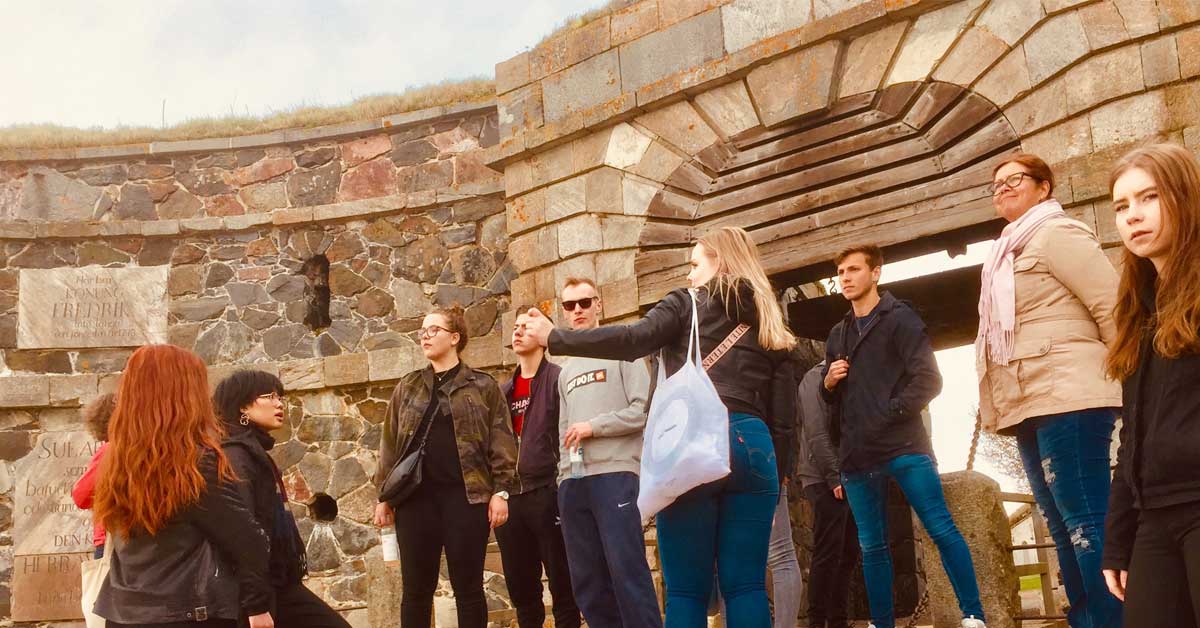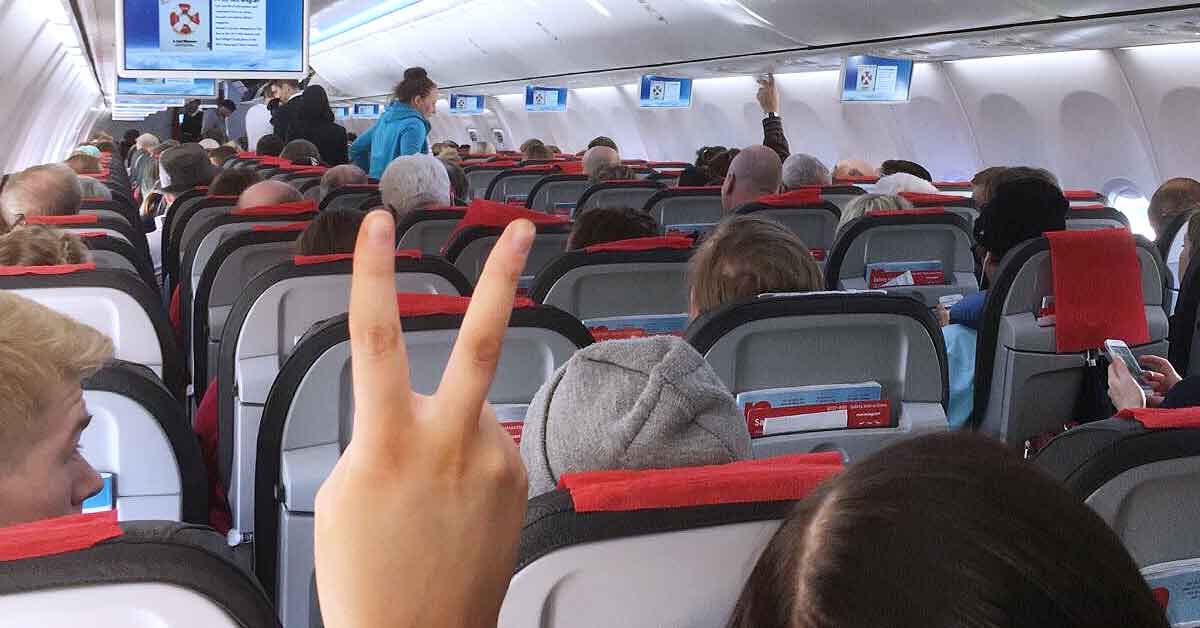Responsible tourism industry
Tourism is one of the world’s most international and fastest growing industries. The World Tourism Organisation (UNWTO) reported that international traveller figures had exceeded 1.4 billion in 2018, with the number increasing every year.

The importance of tourism in Finland as an export industry and a major source of employment has been recognised. In 2018, 8.3 million foreign tourists were reported to have visited Finland, taking into account not only air travellers and also those who enter the country by road or sea.
Responsible tourism industry
Responsibility is a leading star and daily part of tourism industry.

Responsible planning and implementation of tourism training are important themes throughout the degree programme, and understanding various aspects of sustainable development is an important element of vocational general education.
The tourist industry develops travel services that take sustainability issues into account, teaching students to act sustainably in their work.
Tourism growth requires sustainable development and responsible choices
Sustainable development and responsible choices derived from it mean in short that all tourism planning, development and implementation stages involve as responsible choices as possible. This means saving energy and water, selecting alternatives that have the smallest environmental impact and taking tourists to places where the nature and environment can withstand their impact.
Air traffic is under the magnifying glass, and airline companies are responding to the challenge by developing new technology involving energy-efficient solutions and cleaner fuels. Tourists can make more sustainable choices by flying less frequently and for longer stays to destinations and by using the train whenever possible. Responsible tourists favour non-motorised vehicles for getting around at their destination.
We can all compensate for CO2 emissions caused by our travel: for example, some airlines offer voluntary emissions compensation, and such compensation is also possible through many other actors.
Local choices
It is particularly important in tourism to respect local operations, that is, work in a socio-culturally responsible way.
Locals take part in planning travel services and get financial benefits from tourists. From the consumer’s viewpoint, valuing local choices means that local companies are favoured, using local accommodation, favouring local restaurants and products and taking part of experience services available locally.
More and more travellers value local experiences and this trend promotes sustainable tourism in an excellent way. At its best, tourism can help boost and preserve a disappearing culture, which has happened to a certain extent in Finnish Lapland, where the Sami people have finally gained deserved visibility for their culture.
Sustainable development as part of service design
Taking sustainable development into account in all stages of a service is the foundation for every tourism professional. Responsible action is the natural backbone of all operations.
Sustainable development means making choices that have minimum impact on the environment, while the financial benefits are significant and local values and culture are preserved. We can all make responsible choices as travellers.
Safety as part of responsible operations
Finland is statistically one of the safest countries in the world: crime and terrorism figures are low and there are extremely few natural disasters.
Safety has become an attractive aspect of Finland in terms of tourism. Safety is an essential part of high-quality tourist services. However, we cannot be lulled into a false sense of security regarding global changes but must be prepared for any threats in a realistic way.
Risk analysis and security plan
Tourists are served by numerous businesses and actors and each of them must ensure that both the tourists and employees are safe. Cities and municipalities have their individual security strategies and plans. They describe, among other things, responsibilities in various exceptional situations: who is in charge of communications, what communication channels are used, location of assembly points and how responsibilities have been divided. Tourism programme service companies are obliged to draw up a safety document and service-specific safety plans, including guidelines for individual operators and places of performance.
Other tourism companies also carry out risk analyses and make security and crisis plans to ensure customers’ safe service chain. Travel agents and tour operator representatives organising trips abroad must react to possible any exceptional situations and crises. These issues have been given particular attention following the Twin Towers attack in New York in 2001 and the tsunami that shook Thailand in 2004.

